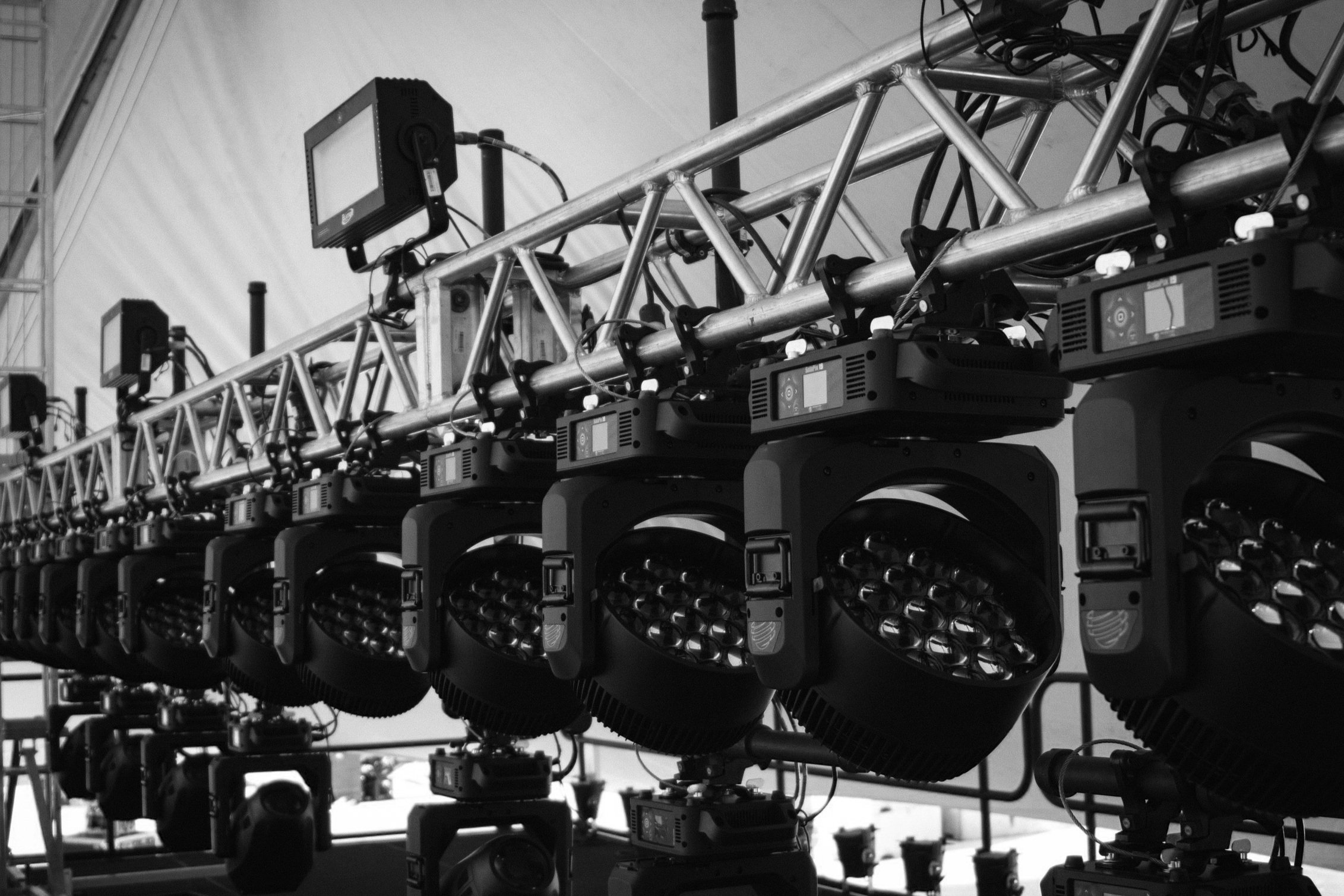
BLog
We want to share our knowledge and help you!
Basic EQ Techniques for Church Volunteers
In my decades of teaching churches to do audio better, I have heard a pretty good collection of misinformed ideas about how sound works, and nothing seems to attract more bad practices, confusion, and sheer guessing than channel EQ. It’s the most misunderstood part of mixing, and yet it’s one of the most vital components of a good mix. It’s also the hardest part of audio to teach because it relies on developing a critical ear that distinguishes between different frequencies and tonalities and understanding what instruments should sound like. That doesn’t happen in one session or overnight.
The Mystery of Gain Staging
One of the hot topics at this year’s NAMM show was gain staging. Lots of people want to know what it is and why you need to know how to do it. It’s also the root of some of the more common mistakes I see in many churches and schools. It’s not intuitive, but knowing how to do it makes a world of difference in your signal quality. What is gain staging?
Analog vs. Digital Mixers
Even though the massive analog consoles have been relegated to studios and project venues where engineers are looking for the warmth and saturation of analog and their lack of portability isn’t an issue, it doesn’t mean analog consoles are done in live sound. A small analog console is still a great choice for AV gigs and small events with just a couple of mics and some background music. The world of digital consoles still can’t compete with the prices of small 4-8 channel analog mixers.
How Much Reverb is too Much?
What is reverb? If you’ve ever been in a large room, like a cathedral, you’ve heard naturally occurring reverb. Reverb is short for reverberation, which is a prolonging of a sound. Natural reverb occurs in rooms where the dry/original sound bounces off of surfaces in the room creating a cascade of reflections or echoes of the original that arrive at the listener at different times. The more times the sound bounces around, the more (and different) reflections are created as the energy dies out over time. The sound of the reverb is changed by bouncing off of different materials and surfaces with varying degrees of coarseness and absorption.
How Loud Should Your Church Service Be?
For the 30+ years that I’ve been mixing live shows and church services there is one thing that remains constant: you can’t please everyone. Inevitably, at nearly every show and service, someone will complain that they can’t hear something or that it’s too loud. It wasn’t because I sucked; I get lots of compliments from musicians who like the way I mix. If someone is going to disagree with what you’re doing in church, I guarantee the #1 request will be to turn it down.
Gain Staging - the Missing key to a great mix
Without a doubt, the number one issue I find in venues is a lack of understanding of proper speaker placement, the second most common issue is a lack of understanding of gain staging and why it’s important. It’s the bedrock of a good mix and a critical component to avoiding a couple of other common issues.






